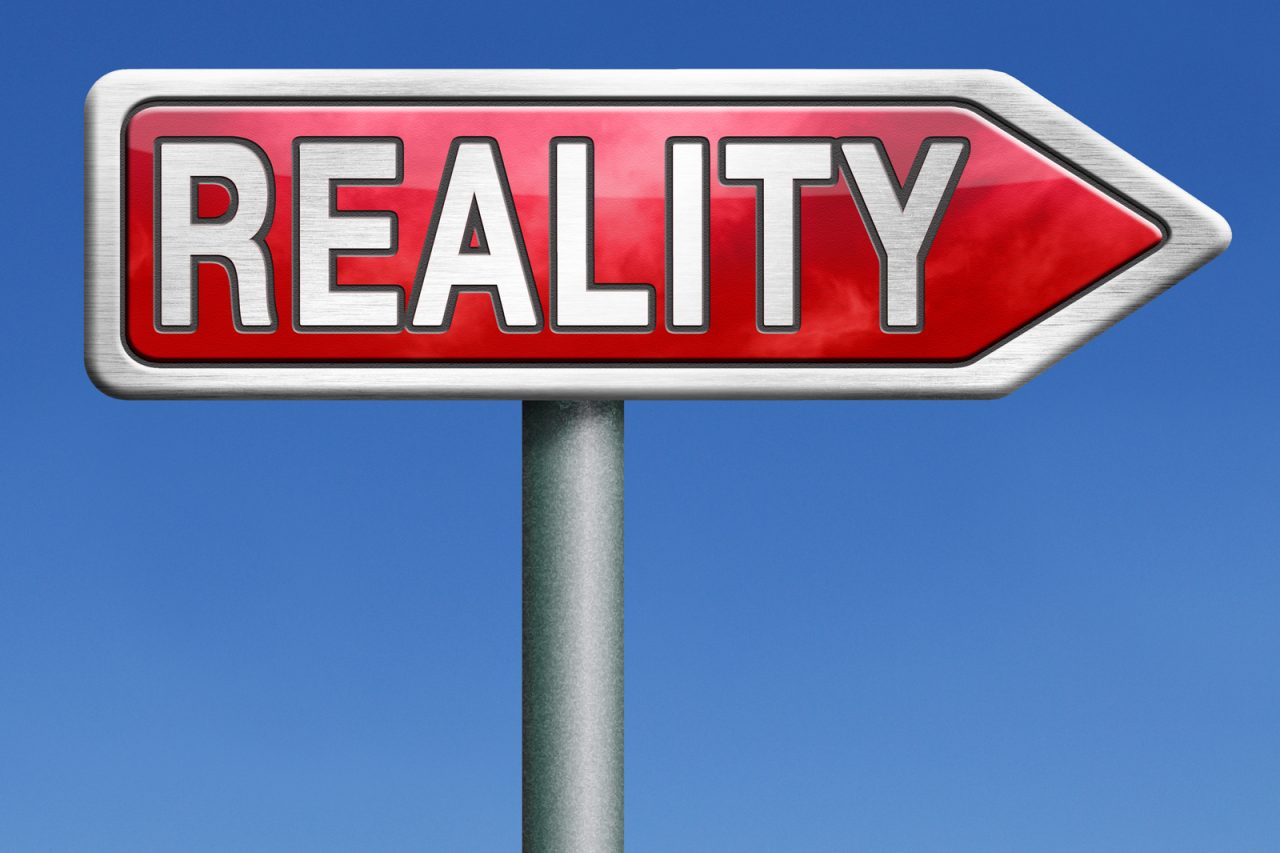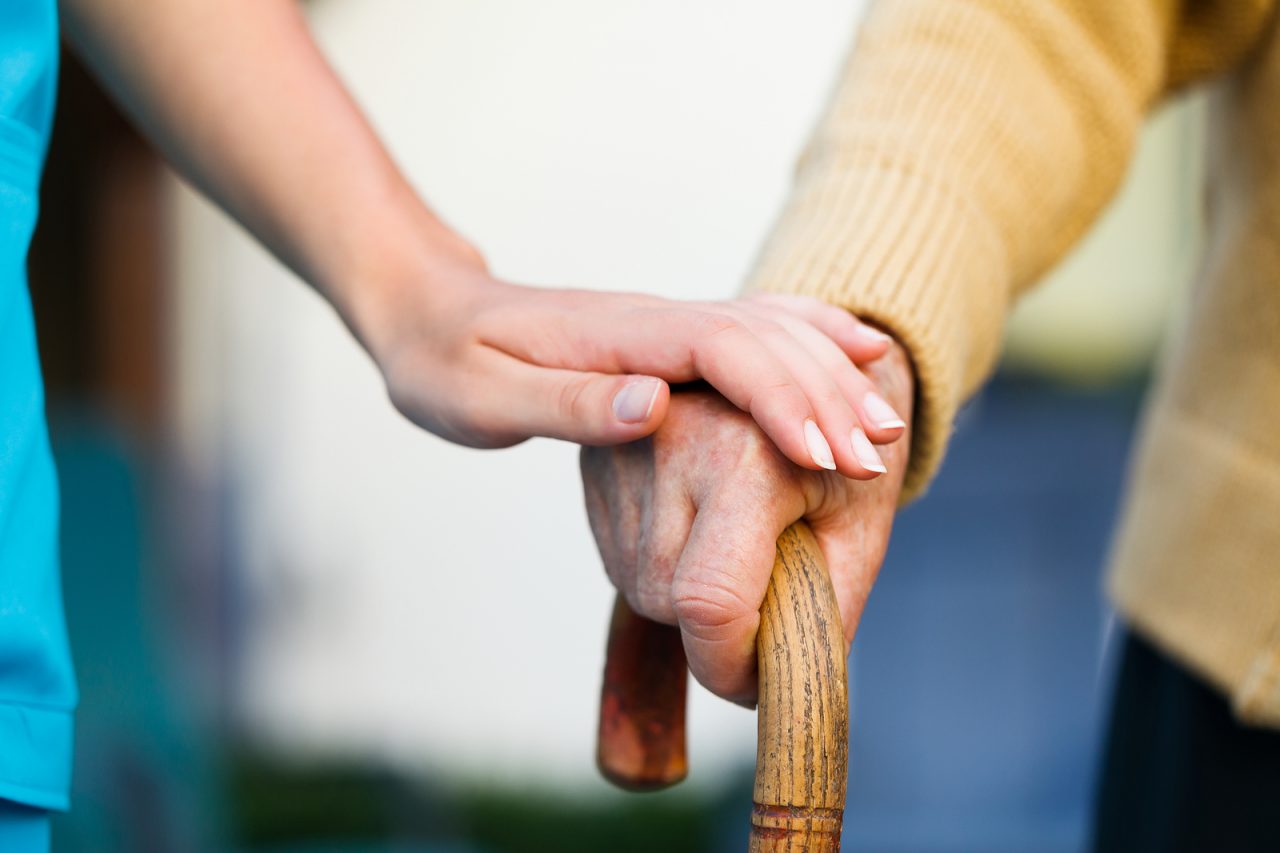Physician–Assisted–Suicide; the collaboration of two through a professional relationship, to cause the death of one.
Ever since Socrates took hemlock, suicide has been part of society, sometimes supported, often condemned. Today, many argue that we have a right-to-die, sort of an infinite extension of free speech or thought. Regardless, to actively involve doctors is a unique distortion of the medical arts, as if stopping a beating heart can somehow mend disease. For a healer to take life is bizarre and threatens the physician-patient relationship. If individuals really want and require assistance to die perhaps there is another solution.
A long trail of vital documents marks our lives. These include birth certificate, diplomas, driver’s and marriage license, advanced directives, wills and most recently the POLST. Perhaps we should create a new personal document. Its purpose would be to give each person not only permission to kill themselves, but access to the means. A permit controlled by the patient and only their responsibility. A passport for dying. A Suicide Certificate.
The Suicide Certificate would be a kind of application. A legal checklist, which once complete would allow the individual to die by their own hand, but in a controlled and definite manner.
What would go on this form? First, basic demographics; name, birth-date, address, social security number, etc. It is important to confirm that the right person is filling out the form. A photograph might be a good idea.
Next, statements regarding right-to-die laws. This could include a review of the sanctioned methods available, as well as the legal indications and limits for committing suicide. It might remind the applicant that a terminal disease is required, what is and is not a qualifying medical condition, and that suicide pacts are discouraged and therefore forbids sharing the lethal prescription. The whole form might start on-line and as part of the process an instructional video must be viewed and review answers given correctly, before it can be printed. Alternatively, an app could be developed.
If the state requires terminal disease for suicide, the form should have a place for a doctor to confirm that the patient is dying. Two signatures from the physician would be required, on two dates at least two weeks apart. Either the specific disease must be entered, or, to protect privacy, a general statement of imminent natural death. This means that while the doctor is involved in the application process, his/her role is not to prescribe the means to cause death, but rather confirm the presence of disease.
There might be a counseling section, which would require that the patient speak with a psychologist, social worker or clergy. As an alternative a signature from a healthcare provider, other than the primary treating doctor, which affirms that the patient is not psychiatrically ill and understands their actions.
Finally, a list of organizational reminders to help with final plans. “Is your will complete?” “Have you emptied your safe deposit box?” “Does your family know your plans and do they have copies of your important papers?” “Have you completed funeral arrangements?” “Have you determined who will discover and/or handle your body?” “Have you said good-bye?”
Once the form was complete, itemized and notarized, the patient would take it to a suicide-assistance-registered-pharmacy or perhaps a specialty funeral home, which would exchange this ultimate document for death-inducing-drugs. The sealed suicide kit would come with a final instructional booklet, including safety warnings.
While this idea is bureaucratic and strange, it does achieve two goals. First, it removes doctors, healers, from the direct ordering of death. The final signature at the bottom of the form, the “order” for the drugs, is the patient’s. The second is that it empowers those who believe in suicide a legal outlet, as well as the tools to act. If there is a freedom to die, then the responsibility must be each of ours, alone.







11 Comments